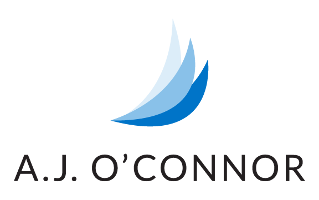
The “Stay Interview” – 7 Questions to Ask Your Employees
What is a “Stay Interview,” and why should you conduct them? Stay interviews are an excellent opportunity for managers to gauge their personal performance as leaders and their employees’ satisfaction. Through properly and consistently conducted interviews, companies will see improved retention rates and a more positive company culture.
The Do’s and Don’ts
While these interviews have significant benefits, managers should consider them more than a solution to poor retention rates or a quick fix. The main focus of these meetings is to create strong communication between the workforce and their managers, encouraging trust and engagement while encouraging employees in their roles.
- Let the Manager Lead: This is an opportunity to explore what employees like and dislike. This allows managers to uncover and fix issues that could lead to employee turnover.
- Focus on the Employee: Don’t treat this interview like an interrogation. It is a conversation to gauge how the employees perform, where they would like to grow, how to support them best and build a more productive work environment.
- Remain Consistent: Employers should refrain from using these interviews as a last effort to fix retention rates. Instead, companies should enforce a regular timeline to proactively monitor employee engagement and satisfaction.
7 Questions to Gauge Employee Satisfaction
There are many benefits to a properly conducted “Stay Interview.” These meetings ensure employees feel valued and respected while also building positive relationships. Interviews will also improve morale, increase retention rates, identify improvement areas, and determine employee trends. Below are questions to consider when conducting your stay interviews:
- Is there anything I can do better as a manager? We have all heard the saying, “People don’t leave jobs; they leave managers.” Managers will likely receive constructive criticism that can help them improve. Make sure managers are prepared to accept the feedback appropriately.
- What does our company do well? What do we need to work on? This offers an opportunity to hear from the employees’ point of view about the company as a whole. Use this to analyze the health of the company culture.
- What do you enjoy most and least about your job? Why? People usually prefer the tasks in which they excel. Learn your talents’ strengths and weaknesses to encourage employee engagement and results.
- What are your short and long-term career goals? Companies will likely lose top talent without a straightforward career advancement path. By providing goals and skills that employees need for promotion, companies will see higher retention rates, morale, and employee engagement.
- What resources or support would you like to receive to reach these goals? This question will help managers find actionable ways to help their employees stay motivated to achieve their goals. Managers can also use it to view a pattern in requests, resulting in new career advancement initiatives.
- Have you ever thought about leaving? While blunt, this allows the company to point out major issues and properly address them. When proceeding with this question, it is vital the employee can answer without feeling like there would be any negative repercussions.
- Do you feel valued/recognized? Generally, we all appreciate recognition for our success. Companies will see stronger retention rates and employee engagement by ensuring your talent feels genuinely valued.
These questions will help guide your interview through company, management, and employee reviews. By harnessing this occasion, you will learn how to improve the employee experience and the overall view of your company. This will help you recruit and retain the talent needed to take your business to the next level. To learn more about how AJO HR Consulting services can elevate your workforce engagement, contact us today! We would love to help your company and employees thrive.
Related Posts:
Rising Above the Rest: Tips to Navigate Uncertainty During an RIF

